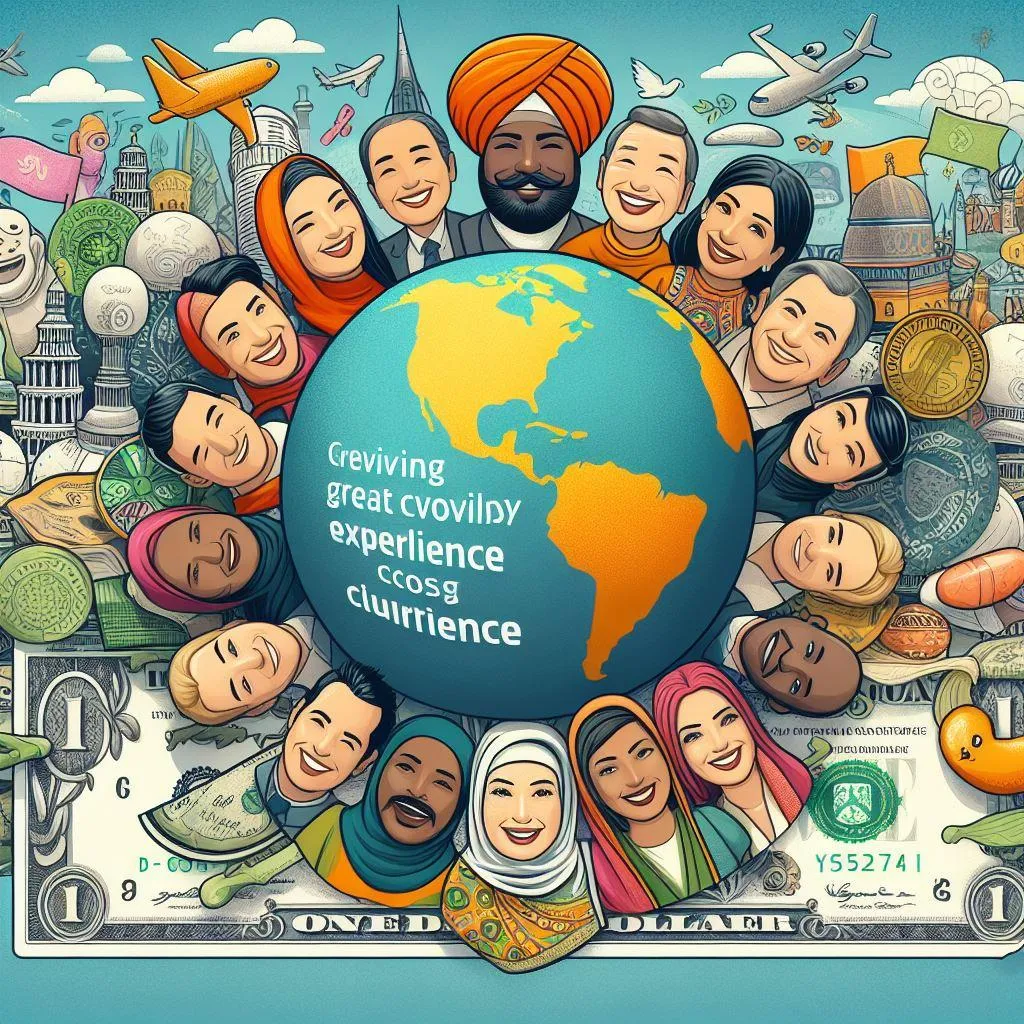Boost Your Team's Inclusion and Productivity with Neurodiversity Training
Positive and easy to implement training in neurodivergence awareness and customer and staff inclusive practice.
Learn how to embrace and support neurodivergent people in your workplace, to create a more inclusive, cohesive and productive team

Neurodiversity awareness and customer inclusive practice
The Neurodiversity Initiative offers flexible training options in neurodivergence awareness and customer inclusive practice for businesses and organisations.

Easy to Implement response practices
Designed by professionals in the field of neurodivergence intervention, to provide simple, best practice solutions for businesses and organisations.

Partners platform and community recognition
A partners platform where businesses and organisations can showcase their commitment to neurodiversity and inclusion, and expand their community recognition and relevance.
Our Programs
Online and In-person training
Flexible training options in neurodivergence awareness and customer inclusive practice.
Awareness Training
Equip yourself and your staff with the right tools to meet the needs of your customers or colleagues who are neurodivergent.

Why gain awareness of neurodivergence when working with customers?
Your customers should feel welcomed
Reduce the unconscious bias of your team: 36% of customers with a disability feel that they receive less support than those without a disability.
Retain business
A person with a disability is three times more likely to bypass an business if their diversity reputation is negative, and twice as likely to discourage others.
The stats
In Australia 1 in 150 people are autistic.
The stats
Know how to change, 57% are unsure of what action to take to become more inclusive their diverse customers.
Why embrace Neurodivergence within your workplace?
Evidence shows that diverse and inclusive teams outperform their peers by 80% in team-based assessments*
People living with neurodivergence are 30% more productive than non-neurodivergent people^
People living with autism are three times more likely to be unemployed than those living with a disability and eight times more than those without.
Diverse teams are happier and more productive, too. In fact, neurodiversity is a competitive advantage according to Harvard Business Review.
*Deloitte Australia research; research report, Sydney 2013. ^Preliminary results: program run by the Australian Department of Human Resources).

Why train with us?
Through our training you will be able to:

Effectively respond to and support neurodivergent individuals in the community
Retain and recruit top talent, by actively recognising that workplace diversity, equity, and inclusion are good for employees and businesses.
Evidence-based response practices designed by professionals in the field of neurodivergence intervention.
Build trust and confidence with neurodivergent customers and clients.
Gain skills and understanding to promote best practice to ensure your neurodivergent customers, clients, and staff have positive experiences and outcomes.
You'll also be able to
Provide a psychologically safe, welcoming and inclusive environment for neurodivergent people and their families.
Build your confidence in working with individuals withneurodiverse conditions and their families.
Learn how to effectively identify, understand, and respond neurodivergent individuals or people living with sensory needs.
Expand your community recognition and relevance.
Access various levels of training and consulting services that can be tailored to your business and specific industry.

Hear what our community have to say . . .

Hear what our community have to say . . .

Neurodiversity Articles

Customer Diversity: Providing Great Customer Experience Across Cultures
While Julia Louis’ article focuses on cultural diversity, the core message is still relevant to neurodiversity and inclusive practice. Contemporary businesses are seeing the importance of being responsive to individual customer needs, rather than having a one size fits all mentality and, how these responsive actions can benefit their overall employee and customer satisfaction.
Below is an excerpt from Julia Louis’ article. You can read the full article here: www.providesupport.com/blog/customer-diversity
The world is getting smaller. Nations and communities are becoming more diverse. Due to advances in communication, the spread of e-commerce and the ease of travel, many businesses today can expand to cross cultural and geographic boundaries. With the rapid changes in technology, modern day customers have grown comfortable with shopping online from whichever corner of the world they like, and e-commerce businesses may easily receive orders from virtually anywhere.
Professionalism in customer service means different things to different people, but all of them are worthy of your time, respect and attention. When customer service representatives acknowledge and respect diversity, they have a greater opportunity to attract and retain diverse customers, build better rapport with them and increase customer satisfaction.
In this article I’d like to highlight some ideas on how you can develop your cultural competence for customer service to better understand the different needs and expectations of diverse groups of customers.
Respecting customer diversity is more than simply good manners
We all know the old golden rule: treat others the way you want to be treated. But simply treating customers with the same courtesy and dignity is no longer enough in this shrinking world. In order to truly succeed, you need to grow beyond the “one size fits all” mentality and learn to understand and respond appropriately to the preferences of customers from varying ethnic, social, and economic backgrounds. In this truly global economy, skills like cultural awareness, flexibility, and effective communication are critical for customer service representatives to properly deal with the expectations of people from different cultures.
Kelly McDonald, the author of “Crafting the Customer Experience For People Not Like You“, emphasizes that by creating a customer experience that addresses a specific customer group’s needs and wants, you can differentiate yourself from your competition and grow your business with new, incremental customers.
It doesn’t have to cost a fortune. Just learn how to create positive experiences for those groups of customers “who are not like you” by letting a specific customer segment know that you understand and are responding to its needs. And you’ll get a great opportunity to shine and develop a significant competitive edge.
Targeted marketing and service efforts aimed at diverse customer groups can pay big dividends, – highlights Jonathan M. Tisch in “Chocolates on the Pillow Aren’t Enough: Reinventing The Customer Experience“. Sometimes it takes out-of-the-box thinking to understand the varying segments of your market… Devote time and energy to open-ended brainstorming about your customer subsets as well as to quantitative research into their needs and wants, and then develop programs to attract and satisfy those preferences. Your organization may be able to build a significant new business base among once-neglected customer groups.
Read more of Julia Louis’ article here: www.providesupport.com/blog/customer-diversity
Get in touch
Drop us a line to ask any questions or make suggestions for our programs

© All Rights Reserved | The Neurodiversity Initiative





